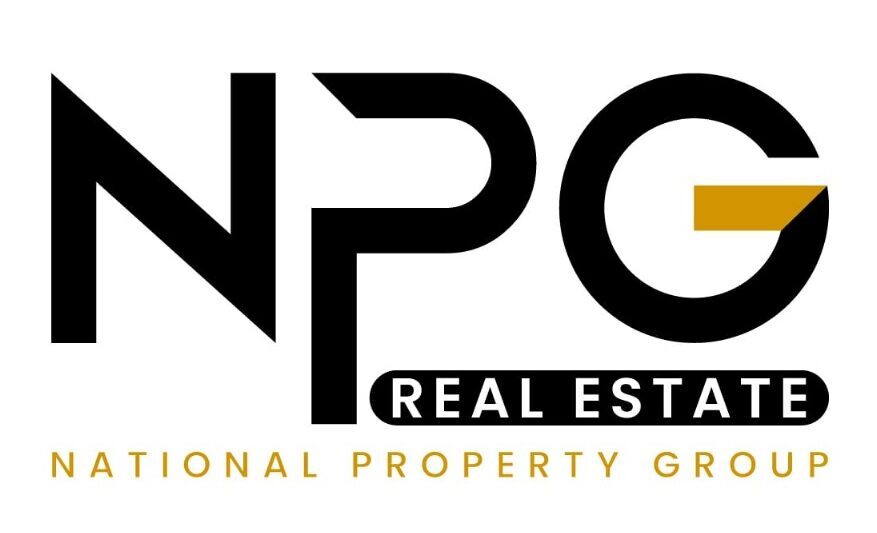Once you’ve received final offers from multiple cash buyers, it’s time to carefully compare them and select the one that best aligns with your goals and financial expectations.
Although it may be tempting to go with the highest number, remember that not all offers are created equal. You should evaluate each one based on a combination of financial terms, contract flexibility, and the buyer’s reliability.
Key Factors to Evaluate When Comparing Offers
1. Net Proceeds After Fees
Look beyond the headline offer price. Consider what you’ll actually walk away with after subtracting any service fees, repair deductions, and closing costs. The offer with the highest dollar amount may not yield the most cash in your pocket.
2. Closing Date Flexibility
Some buyers can close in as little as 7–14 days, while others may need more time. Choose a buyer whose timeline works for your moving plans and financial needs. Flexible closing windows can be a major advantage.
3. Contingencies
The best cash offers usually come with no inspection, financing, or appraisal contingencies. These types of contingencies can allow the buyer to back out of the deal late in the process. Look for “as-is” offers with minimal conditions attached.
4. Earnest Money Deposit
This is the amount the buyer is willing to put down upfront to show good faith. A typical range is 1–2% of the purchase price. A strong earnest money deposit shows the buyer is serious and financially capable.
5. Who Pays Closing Costs
Closing costs can eat into your final payout. Some cash buyers cover all closing costs, while others expect the seller to contribute. Make sure you understand who’s responsible for these expenses in each offer.
6. Inspection Terms
Even if the home is being sold as-is, some buyers may still want to perform a walk-through or third-party inspection. Be sure the terms are clearly outlined, and verify that the buyer can’t renegotiate or cancel based on the results unless otherwise agreed.
7. Proof of Funds
Always ask for proof of funds to verify that the buyer has the cash to close. This could include:
-
Recent bank statements
-
A letter from their financial institution
-
Examples of recent similar purchases (closed deals)
Protect Yourself: Work With a Professional
Before accepting any offer, it’s a smart move to have a real estate attorney or CPA review the purchase agreement. They can:
-
Identify red flags in the contract
-
Confirm the deal is legally sound
-
Ensure your interests are protected if the buyer backs out
Even in a cash sale, professional guidance can prevent costly surprises.
Final Tip
Take your time comparing offers — this is a major financial decision. Don’t hesitate to go back to a buyer and negotiate certain terms (like a faster close or higher earnest money) if you’re close to choosing them. The best buyers will be open to reasonable adjustments to win your business.

